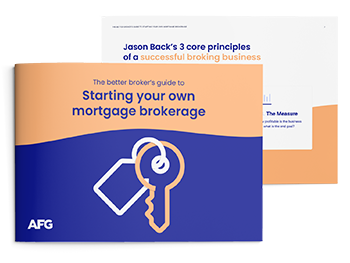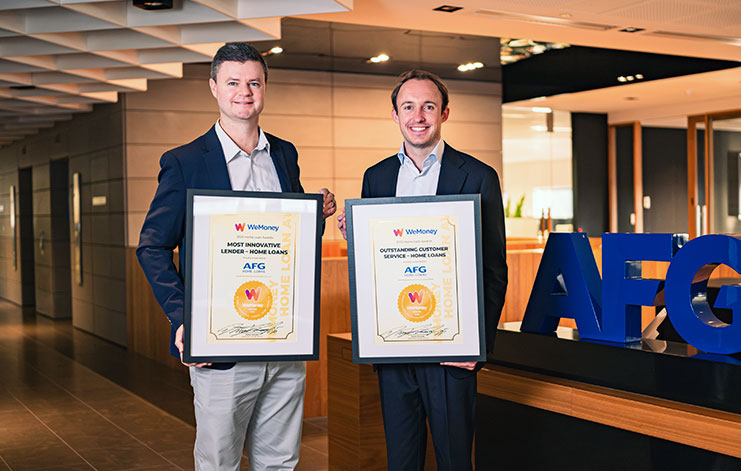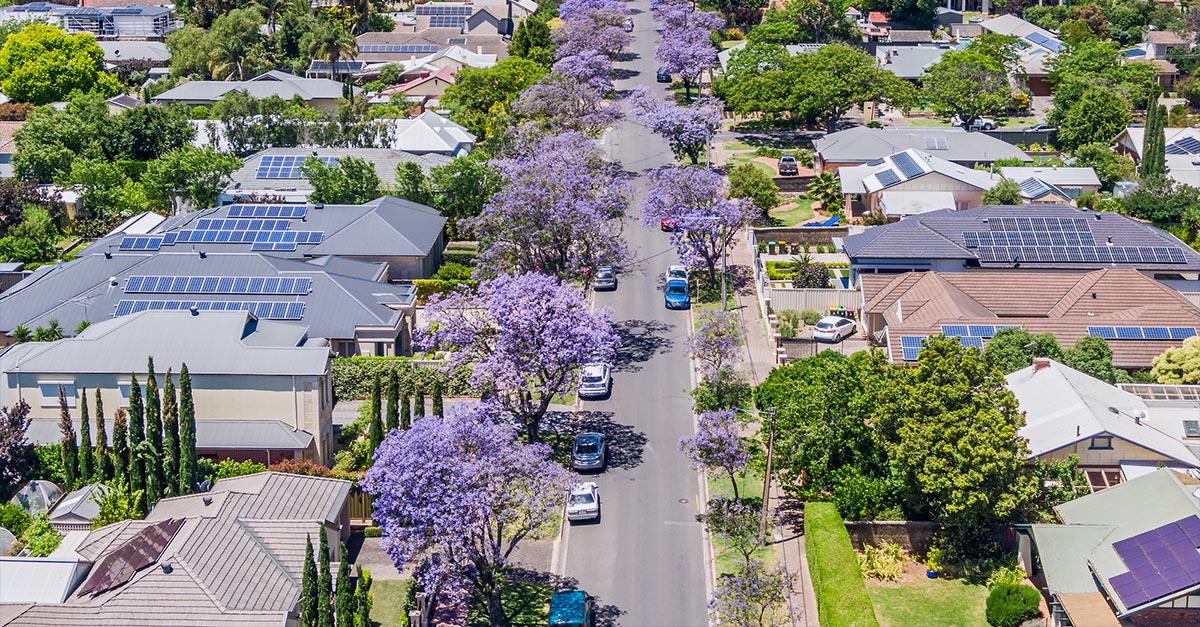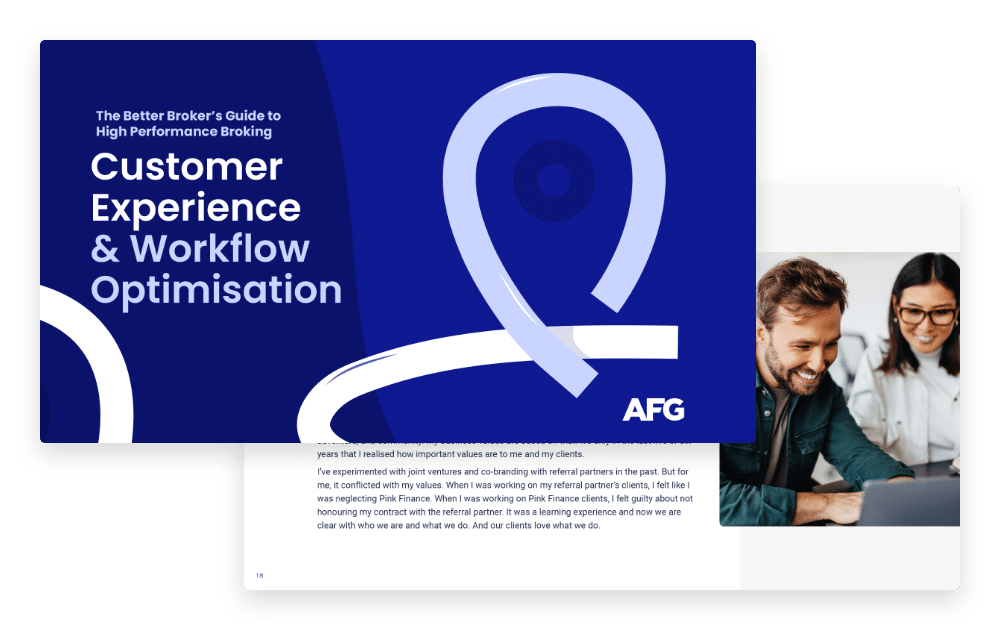If you have equity stored away in your home, now could be the perfect time to tap into it for an investment property.
Equity is simply the difference between the value of your home and what you owe on it. If you have a property valued at $500,000 and owe $200,000 on it, you have $300,000 equity available.
There are a few reasons why the time is ripe for home owners to scout out an investment property.
Firstly, property prices have flattened across most of Australia in the wake of global uncertainty. However, key indicators in the US now point to a recovery there, which our market is likely to follow, especially given our strong economy. So, not only is now a buyer’s market but there’s a good chance of capital gains in the first few years of ownership.
Secondly, interest rates are low. After the recent drop in official rates, there is strong speculation they won’t dip further in the short term.
Thirdly, we still have a housing shortage here in Australia, which continues to drive low rental vacancy rates. That means good properties rent easily.
Where to begin
Start with a visit to your broker to get a rough idea of what you can borrow. Your broker can estimate your equity, talk through the types of loans available and give you a rough idea of repayments. Then you will know what you can afford before you start looking at properties.
You can also do some rough sums beforehand with our borrowing power calculator.
A broker can find the right loan for your circumstances and shop around for the best deal. One of the most popular products among property investors is a line of credit. It acts like a big overdraft at a home loan rate, giving you instant access – as a rule – to up to 80% of the equity in your home. Interest is only paid on the funds you use. It’s a very elastic, convenient product. But one word of caution: you need to be disciplined with your cash flow. Easy access to equity can be a temptation for many borrowers to spend up big on depreciating assets that offer no investment value and only add to your overall debt.
Capital gains or rental return?
You should decide whether you want strong rental returns or decent capital growth over the next several years on your investment. If you are in a high tax bracket and looking to create a tax advantage through an investment loss, you will be looking for capital gain.
First-time investors looking to establish a portfolio of properties should also be aiming for capital growth over the next five or so years, as this will establish equity for the next property purchase. However, some investors are not in a hurry for capital growth and prefer their property to be cash positive or neutral from the get go. If that’s the case, consider a property in one of the areas with a long-term future in resources, where rents reflect a shortage of housing. Just keep in mind that although the resources sector has a strong future, based on global demand, your investment is entirely dependent on the continued success of one industry.
Right now, the bottom line is that there’s potential for both decent capital gains and rental returns for property investors who chose the right property in the right location.
Find the right property
The first rule is to invest in property with your head and not your heart. Remember, you are not buying a home or apartment to live in yourself.
Savvy investors look for properties:
- Close to public transport and other amenities, such as shops or schools, especially in-demand public schools that only accept students in their local catchment.
- That are low maintenance and well maintained.
- In areas with good potential for capital gains.
- In areas with low rental vacancy rates.
Another tip for first-time investors is to stick to familiar turf. It could be near where you live now, where you grew up or previously lived, where you have friends or family or near where you work. Not only are you more likely to feel comfortable investing in a familiar area but you can keep an eye on local trends and the property itself.
You should also find out whether any major infrastructure projects are slated for your target area. New roads, public transport and major developments, such as hospitals, can add significant value to rental properties. Visit www.infrastructureaustralia.gov.au for links to the major planning departments in each state.
Managing your investment – and your tenants
Like all investments, rental properties need to be managed. You can be a landlord and a property manager in one, or pay a professional property manager. If you are busy or live some distance from the property, your money will be well spent on a reputable, reliable manager.
For a small monthly fee (generally six to nine % of rent), a good manager will vet prospective tenants, ensure the property is looked after, make sure rent is paid on time, arrange repairs and maintenance and recommend appropriate rent increases. Ask for referrals from other investors and look for an agent who specialises in property management, rather than sales, so you know your rental will not be second fiddle to other activities. You should agree on what your property manager can authorise automatically when it comes to repairs.
It’s also important you keep tabs on the local property market to track the equity you build over time, which not only adds to your wealth but could be used towards your next investment property.









